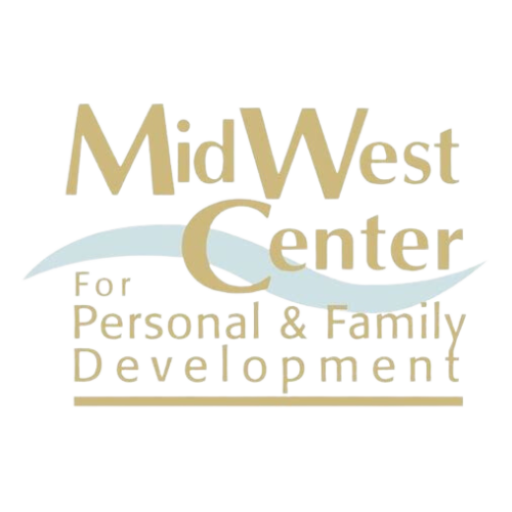Depression Management

What is Depression?
Depression is a common but serious mental health condition that affects how a person feels, thinks, and handles daily activities. It can cause persistent feelings of sadness and loss of interest or pleasure in activities once enjoyed. Depression is more than just feeling sad; it is a complex disorder that can impact every aspect of life.
Symptoms of Depression
The symptoms of depression can vary from person to person but generally include:
- Persistent sadness: Feeling empty, hopeless, or tearful most of the day.
- Loss of interest: No longer finding pleasure in activities that once brought joy.
- Changes in appetite: Significant weight loss or gain, or changes in eating habits.
- Sleep disturbances: Insomnia or sleeping too much.
- Fatigue: Constantly feeling tired or lacking energy.
- Difficulty concentrating: Struggling to focus, make decisions, or remember things.
- Feelings of worthlessness: Experiencing excessive guilt or negative self-image.
- Thoughts of death or suicide: Having recurrent thoughts about death or self-harm.
Causes of Depression
Depression can result from a combination of factors, including:
- Genetics: A family history of depression or other mood disorders can increase the risk.
- Biochemistry: Changes in brain chemistry and hormone levels may contribute to depression.
- Environmental factors: Stressful life events, trauma, or significant losses can trigger depressive episodes.
- Psychological factors: Low self-esteem, negative thinking patterns, and a history of abuse can increase vulnerability.
Diagnosis
Diagnosing depression typically involves:
- Clinical evaluation: A mental health professional conducts a thorough assessment, including interviews about symptoms and history.
- Standardized questionnaires: Tools such as the Patient Health Questionnaire (PHQ-9) may be used to assess the severity of depression.
Treatment Options
While depression can be debilitating, effective treatments are available. Common approaches include:
Psychotherapy
- Cognitive Behavioral Therapy (CBT): Focuses on changing negative thought patterns and behaviors associated with depression.
- Interpersonal Therapy (IPT): Addresses interpersonal issues and social functioning that may contribute to depression.
Medication
- Antidepressants: Medications such as selective serotonin reuptake inhibitors (SSRIs) can help balance chemicals in the brain that affect mood.
Lifestyle Changes
- Regular exercise: Physical activity can improve mood and overall well-being.
- Healthy diet: Proper nutrition supports mental health.
- Adequate sleep: Good sleep hygiene can help stabilize mood.
Support Groups
Connecting with others who share similar experiences can provide understanding and encouragement.
When to Seek Help
If you or someone you know is experiencing symptoms of depression that interfere with daily life, seeking professional help is essential. Early intervention can lead to better outcomes and improved quality of life.

